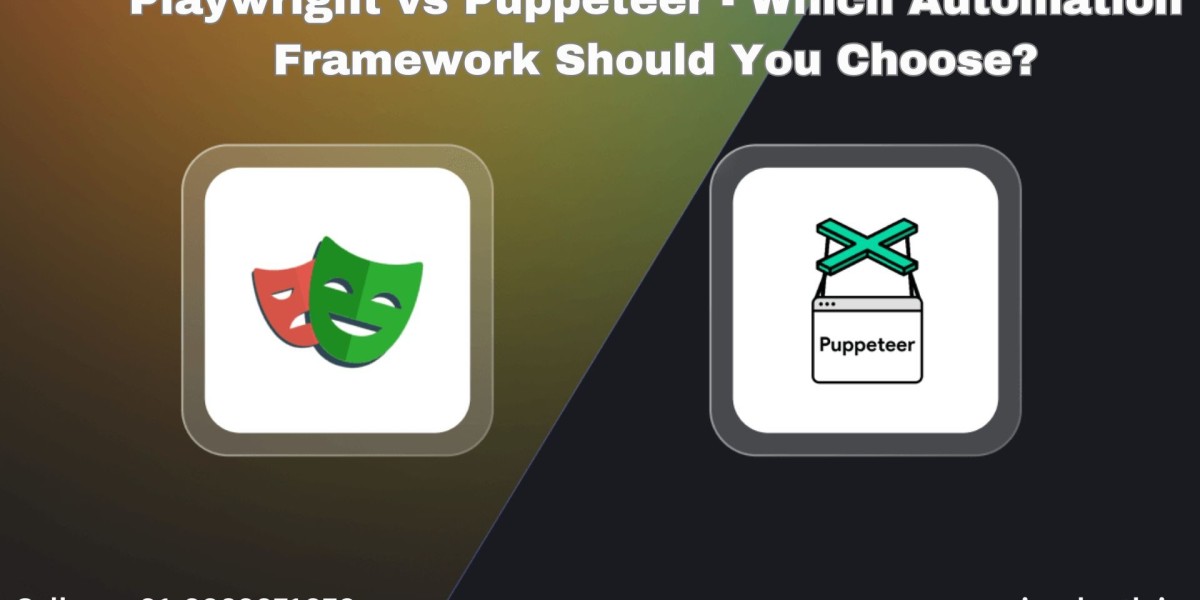Playwright vs Puppeteer - Which Automation Framework Should You Choose?
Playwright Automation, developed by Microsoft, is an open-source browser automation framework that supports multiple programming languages, including JavaScript, Python, C#, and Java. It provides powerful tools for automating Chromium, Firefox, and WebKit browsers. One of Playwright's unique strengths is its cross-browser support, enabling seamless PlayWright Training across different browser engines.
Key Features of Playwright:
- Cross-Browser Testing: Automates Chromium (Chrome, Edge), Firefox, and WebKit (Safari).
- Multi-Language Support: Compatible with JavaScript, Python, C#, and Java.
- Built-In Test Runner: Simplifies test execution with Playwright Test.
- Emulation and Mobile Testing: Supports device emulation for responsive design testing.
- Powerful Locators: Allows targeting complex UI elements with robust selectors.
What is Puppeteer?
Puppeteer, developed by the Google Chrome team, is an open-source Node.js library focused on automating Chromium-based browsers, primarily Google Chrome. It’s widely used for end-to-end testing, web scraping, and generating PDFs or screenshots from web pages.
Key Features of Puppeteer:
- Chromium Automation: Built for Google Chrome and other Chromium-based browsers.
- Headless Browser Support: Operates in headless mode for faster execution.
- Rich API: Offers detailed control over browser actions and events.
- PDF and Screenshot Generation: Ideal for web content rendering tasks.










